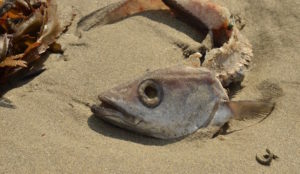
Physics


From Jerusalem, Special Episode of ID the Future with Physicist Lee Spetner
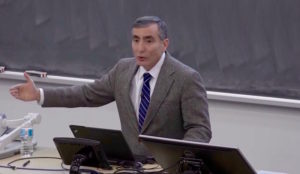
On Origin of Life, Synthetic Chemist James Tour Delivers Chastisement to Jeremy England

Hailed as the “Next Darwin,” MIT’s Jeremy England Sheds Little Light on Life’s Origins
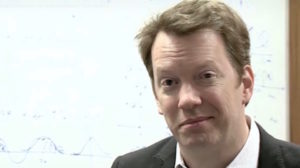
Atheist Physicist Sean Carroll: An Infinite Number of Universes Is More Plausible Than God

Is Sean Carroll a Boltzmann Brain?

What Is Matter? The Materialist Perspective
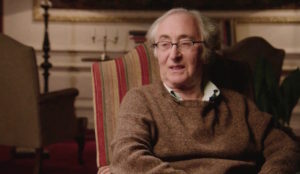
Brian Josephson, Nobel Laureate in Physics, Is “80 Percent” Confident in Intelligent Design
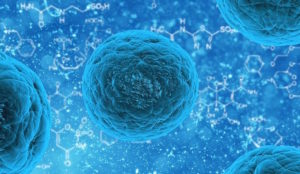
Thermodynamics of the Origin of Life
